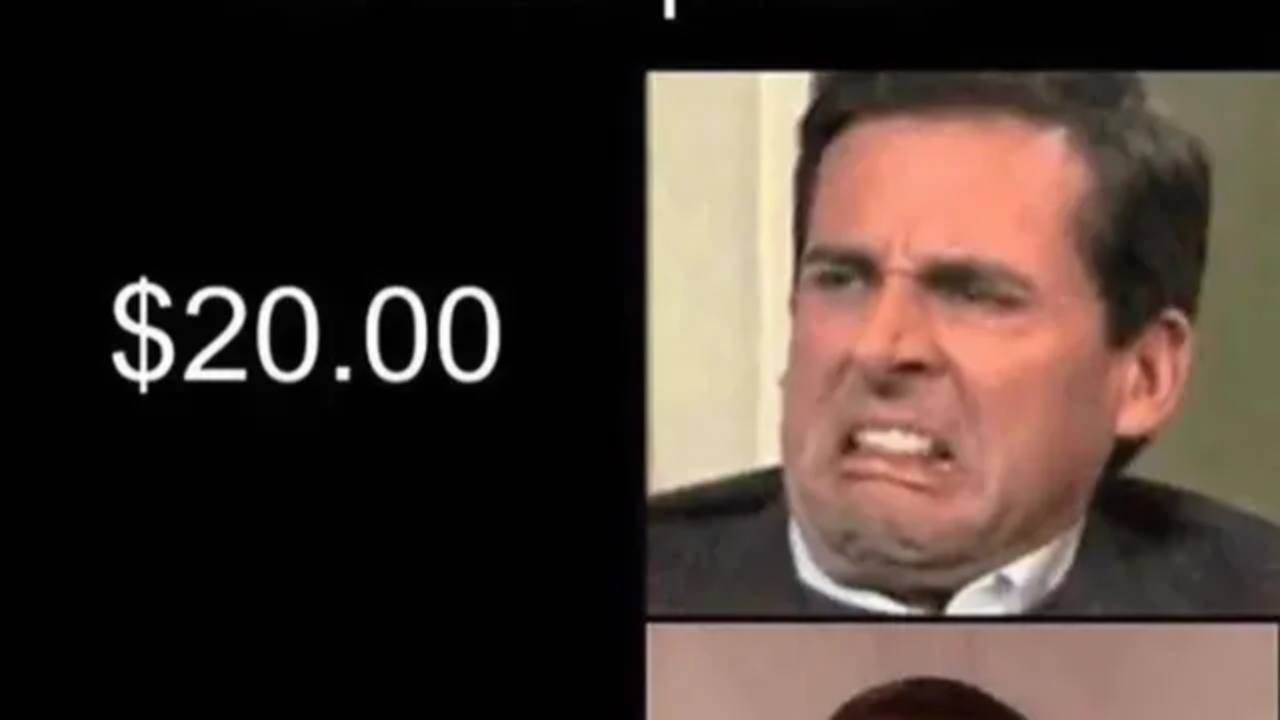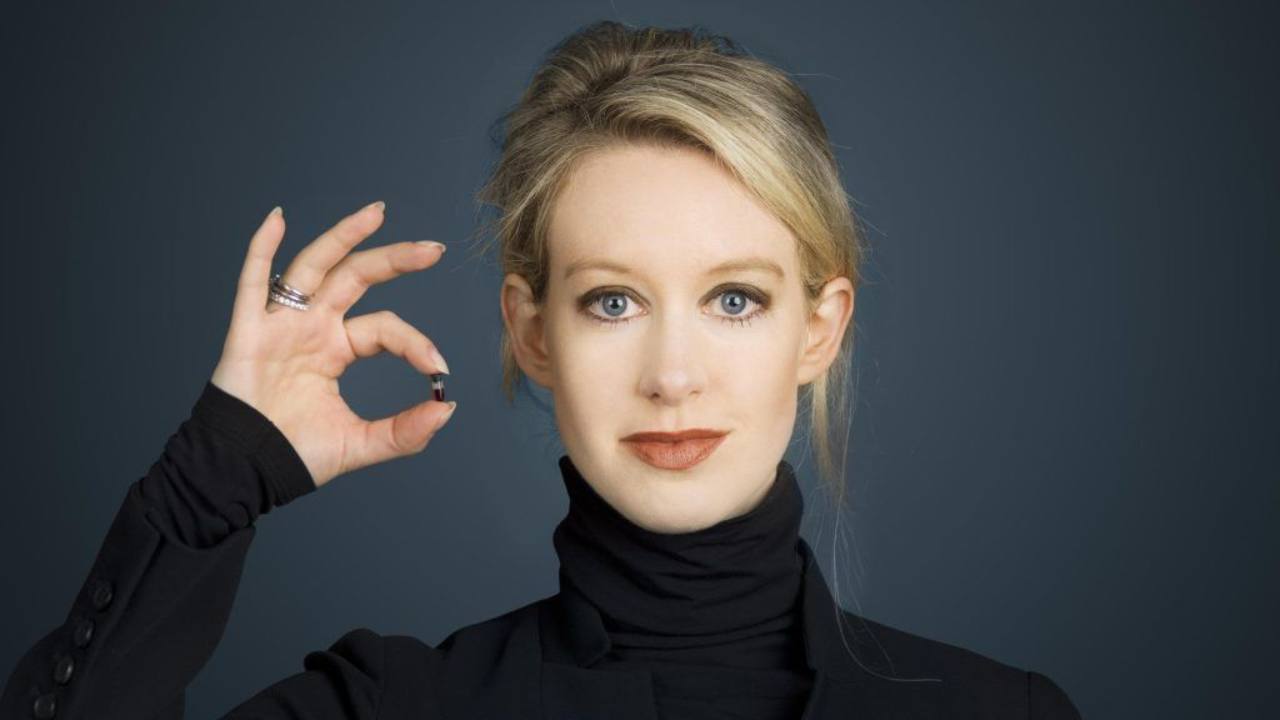How reimagine your work from the ground up
It's Wednesday, February 26th, and today we're talking about reimagining your entire career from first principles.
Forward this to a fashionable friend so they can sign up here.
A few months ago, I found myself staring at a new ClaudeAI conversation after writing a single sentence prompt:
"Help me reimagine my entire career from the ground up, considering all previous work a sunk cost."
It wasn't that I hated my work or that I was failing. It was that nagging feeling that despite my successes, I was building on a foundation that didn't quite fit the house I actually wanted to live in.
Maybe you've felt it too—the suspicion that you've been carrying forward assumptions about yourself and your work that were never actually true.
I'm sharing this because the process that followed was one of the most clarifying exercises I've ever done. And since approximately 82%* of you have messaged me at some point saying you feel restless, stuck, or uncertain about your path, I figured it might help.
*completely made up statistic alert
The Great Unlearning
Most career advice is absolute garbage.
"Follow your passion!"
What if your passion is watching Netflix in your underwear eating a block of cheese the size of a car battery? (S/O fellow Seinfeld lovers)

"Double down on your strengths!"
What if your strengths were built to solve problems you no longer care about or just aren't that interested in?
Instead, I suggest a different approach:
Strip everything away and find the hidden thread.
This isn't about what titles you've held or what industry you're in. It's about identifying the conditions where you thrive and the impact you actually want to make. Something your future self would be proud of.
Enter The Perfect Friend
Part One:
I'm not the loudest AI user. I like it. I use it daily. I'm thrilled by the promise of it, but I don't spend my days writing sonnets about it on Twitter.
In some ways, it is the perfect friend. You can tell it anything and it's incapable of emotionally judging you or projecting. You can reject its suggestion seven times and not worry about exasperating it.
And it allowed me to challenge every assumption I had about my work and reshape my future.
It started with the prompt.
"Help me reimagine my entire career from the ground up, considering all previous work a sunk cost."
Almost immediately, Claude asked me about times in my life where I found real "flow". I gave him give a list of examples along with my top five strengths according to Strengthsfinder for good measure.
He distilled this info and told me it was paramount that I find situations where:
- People are already bought in, open, and curious
- Vulnerability is chosen, not forced
- Creativity and building things makes up the primary work
- There is a clear scope and clear constraints
Not yet groundbreaking, but enough to know we were on the right track.
It also explained why my community work sometimes felt inauthentic. I wasn't just interested in building systems of connection; I was interested in creating conditions for change. When the work was focused only on the mechanics, something vital was missing.
Part Two:
Recently, I had listened to a podcast conversation between Seth Godin and Tim Ferriss about strategy that blew me away.
Seth breaks down strategy into four elements: systems, time, games, and empathy. He touches on high-level ways to think about impact and change.
It felt like critically important intel, yet I couldn't quite distill the information, despite listening to it on repeat.
I fed the podcast transcript to Claude and asked him to use the frameworks as a point of reference for our conversation.
Immediately, concepts started to gel.
Working through these lenses helped me see that my unique ability wasn't just in building communities or crafting experiences—it was in seeing and working with living, interconnected systems:
- Creative processes (choreography, production, artistic development)
- Business mechanics (strategy, metrics, scalability)
- Human dynamics (community building, vulnerability, trust)
Frankly, I've always struggled with the nagging feeling that my unique makeup put me at a disadvantage. My draw to creativity and human behavior doesn't readily play well with "ROI" and "Scalability" and all the other things generally tied to revenue.
I've often wished I was a coder or data scientist because so many of my strengths were so...soft.
But this conversation helped me recognize that understanding human behavior and emotional conditions is not a weakness—it is my most powerful lever.
As Seth puts it:
"All empathy is (in business) is being very clear about who it's for and why they want it."
Part three:
The most significant shift came when I stopped asking, "What work should I do?" and started asking, "In what environments do I thrive?"
The answer was clear but initially uncomfortable: I thrive in physical, fast-paced, and creative environments. I love problem-solving, building (making abstract ideas come alive), and teaching. I excel when moving from project to project rather than maintaining ongoing systems.
This realization challenged my whole business model. What if, instead of long-term retainers and ongoing maintenance, my work needed clear beginnings and endings? What if I needed to focus on transformation rather than maintenance?
It was both terrifying and liberating to consider that the business model I'd been chasing might never fit me—not because I wasn't good enough, but because it didn't match how I'm wired.
Along the way, there were some very poignant "a-ha" moments about everything from revenue models to how I measured success.
For me, most of this came down to two points Seth made in the podcast:
- When you choose your customers you choose your future: this meant that once I understand what my work should look like, I was free to only select those who fit the conditions.
- What can I build that the me of five years from now is going to say thanks? Have I been doing work that I would point to and say "I made the world a better place?"
Questions Worth Asking
If you're feeling that nagging sense of misalignment in your work, here are some questions that might help shake loose some insights:
- What are the conditions where you've done your best work? (Not the work itself, but the environment, the stakes, the people)
- What are the three interconnected systems you understand better than most people? (Hint: look for areas where you can translate across disciplines that others see as separate)
- If you were forced to increase your prices by 10X, what would you do differently? (This one comes from Seth and often reveals what you truly value)
- What success of yours would your younger self be most surprised by? (This often reveals natural strengths you've discounted)
- What part of your work makes you lose track of time? (Not what you're good at, but what absorbs you completely)
The answers won't give you a job title, and they certainly won't hand you a business plan. But they will start to reveal the thread that's been running through your work all along—the one that, when you pull on it, might just unravel everything you thought you knew about your career and reveal something much more aligned with what actually makes an impact.
It can be sort of terrifying work. It's also the most worthwhile kind.
Onward,
April
P.S. If this landed for you, I'd love to hear what insights emerge. Sometimes the simple act of articulating them to someone else makes them real in a way they weren't before.





